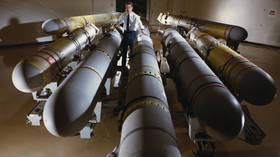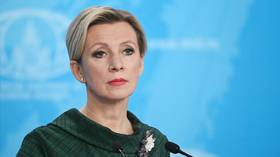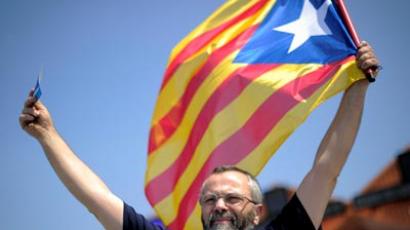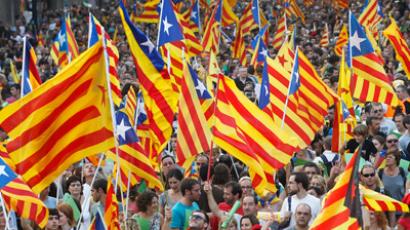Meeting a ‘democratic deficit’: Belgian separatists advancing to independence
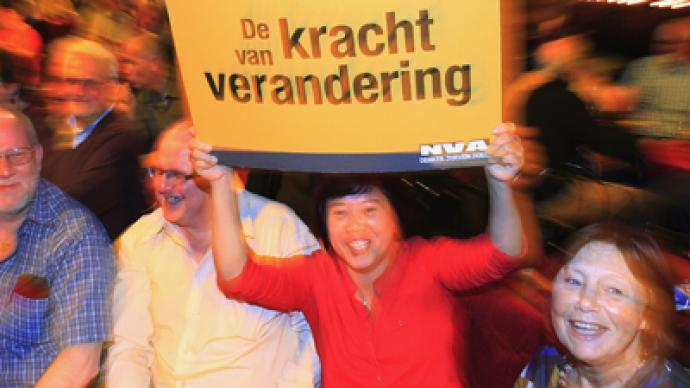
Separatists in Belgium are looking to gain control of the wealthy port of Antwerp as early results suggest a Flemish nationalist leader is the city's new mayor. It comes amid an intensifying trend of secessionism in crisis-hit Europe.
With almost all the votes counted, Flemish Nationalist Party leader Bart De Wever is way ahead of his rival, Socialist Mayor Patrick Janssens. “We want to give Flemings the government they want at all levels,” De Wever said as his advantage became evident.De Wever called on Belgian Prime Minister Elio Di Rupo and the country's francophone politicians to “take up their responsibility” and give more rights of self-rule to Flanders.The separatist party maintains that Belgium's prosperous Flemish-speaking region should not be subsidizing the French-speaking part of the country.“Your taxation of government without a majority in Flanders is not backed by Flemings,” De Wever said in his victory speech. “Let us work together on reforms that gives Flemings and francophones the government that they deserve.”The Belgian Prime Minister was quick to downplay De Wever’s statement, saying that “each is free to declare what he wants on an election night” and there was no reason to change national policy.The election is seen as a breakthrough for supporters of Flemish independence – something that has been long time coming, Belgian politician Philip Claeys told RT.“The idea is getting ground, and that is the most important thing, because we are having a lot of problems now in Belgium,” Claeys said. “We see that the federal government, for instance, doesn’t have a majority on the Flemish side of the federal parliament although the Flemings make up the majority of the population.”Belgium is facing a “democratic deficit,” Claeys explained.“It means that this government doesn’t have a real democratic legitimacy in Flanders,” he said. “Flanders has voted for something completely different from what we are getting now with this federal government.”The Flemish people and their economically and socially powerful region are in fact a separate nation within an artificially created Belgium, Claeys said.“You have to know that Belgium is an artificial country – it’s really two separate countries already within Belgium,” he said. “We have a completely different political consensus on the Flemish and on the Wallonian side. Flanders would be perfectly able to have an independent state and be a member of the European Union.”European separatist movements have been gaining momentum as governments cut social programs across the board as part of austerity measures they hope will pay for bad financial sector bets.In Spain, Catalonia is trying to get independence from the rest of the crisis-hit country. Meanwhile, Scotland is seeking a referendum on separation from the United Kingdom.








